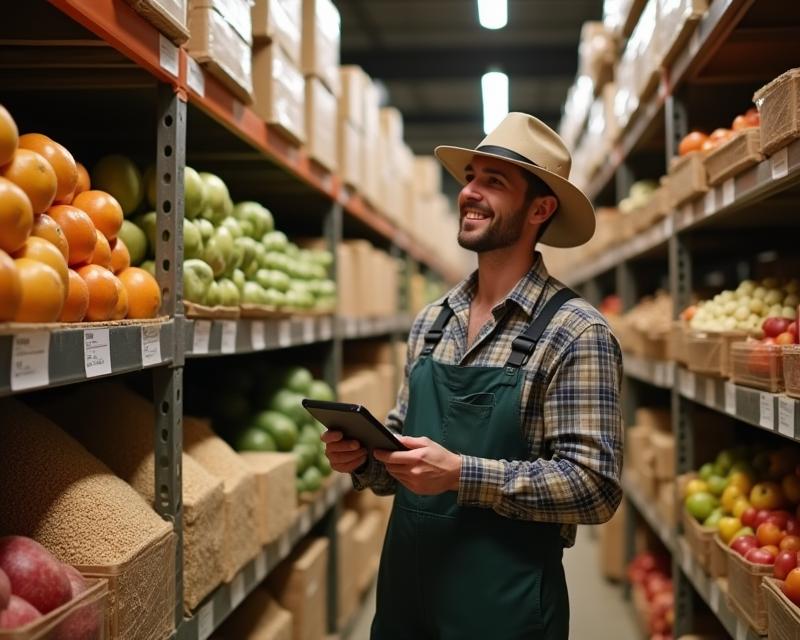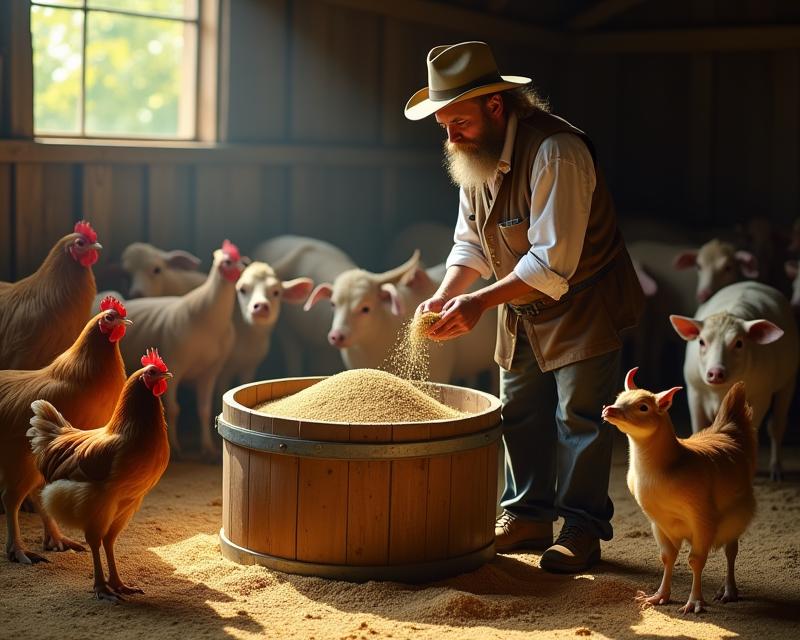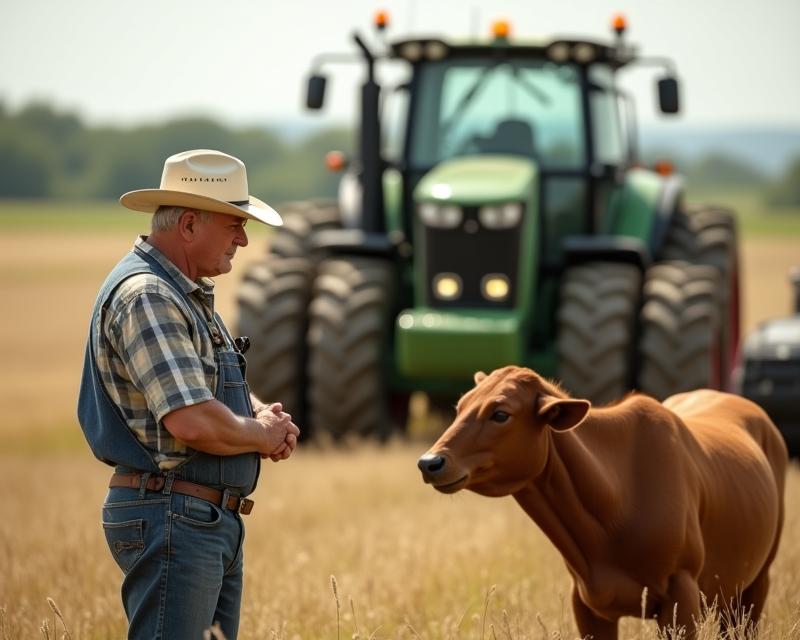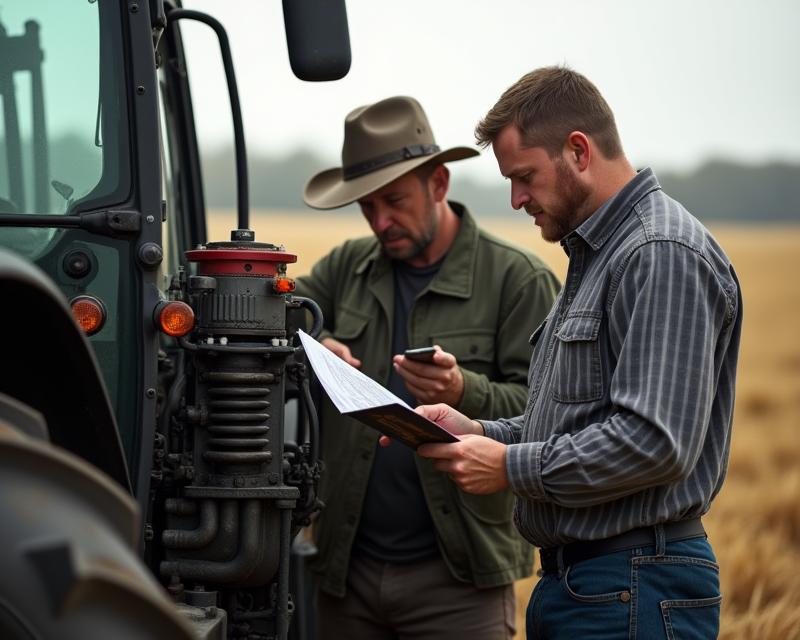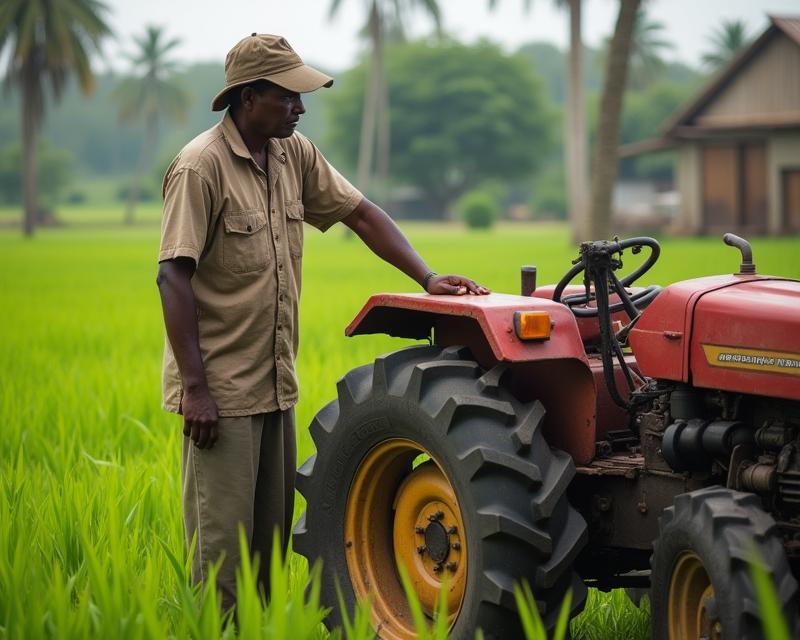Global Support for Farmers: Navigating Sanctions
Publish in Farm Business el 21/07/2025 01:00
Global Support for Farmers: Navigating Sanctions
Hey everyone! As farmers, gardeners, and ranchers, we rely on a complex global network for everything from seeds and equipment to fertilizers and markets. Sometimes, political situations can create hurdles, and one of those hurdles is international sanctions. You might be wondering, how do these things affect *you*? It's a valid question, and understanding the role of international organizations in mitigating these impacts is key to staying afloat and thriving.

So, what exactly are international sanctions? Simply put, they're restrictions imposed by one or more countries against another country. These restrictions can target trade, finance, and other economic activities. While sanctions are often aimed at influencing a country's policies, they can have ripple effects across the globe, impacting farmers who depend on trade with those nations. Think about it: if a major trading partner faces sanctions, it can disrupt supply chains, increase costs, and limit access to essential resources. This can make it harder to get the inputs you need to grow your crops or raise your livestock.
That's where international organizations come in. Organizations like the Food and Agriculture Organization of the United Nations (FAO), the World Food Programme (WFP), and the World Bank play a crucial role in helping farmers navigate these challenging times. The FAO, for example, works to provide technical assistance and support to countries affected by sanctions, helping them to maintain food production and access markets. They offer expertise in areas like sustainable agriculture, post-harvest handling, and market development. The WFP focuses on providing food assistance to vulnerable populations, often those most affected by sanctions-related disruptions. The World Bank provides financial assistance and policy advice to help countries build resilience and adapt to economic shocks.
These organizations don't just offer aid; they also advocate for policies that minimize the negative impacts of sanctions on food security and agricultural livelihoods. They work to ensure that farmers have access to information, resources, and financial support to continue producing food, even when faced with trade barriers. It’s worth checking their websites for updates on programs and initiatives that might be relevant to your farm. Staying informed and connecting with these organizations can be a valuable step in mitigating the challenges posed by international sanctions. Remember, we're all in this together, and by working collaboratively, we can build a more resilient and sustainable food system for everyone.
